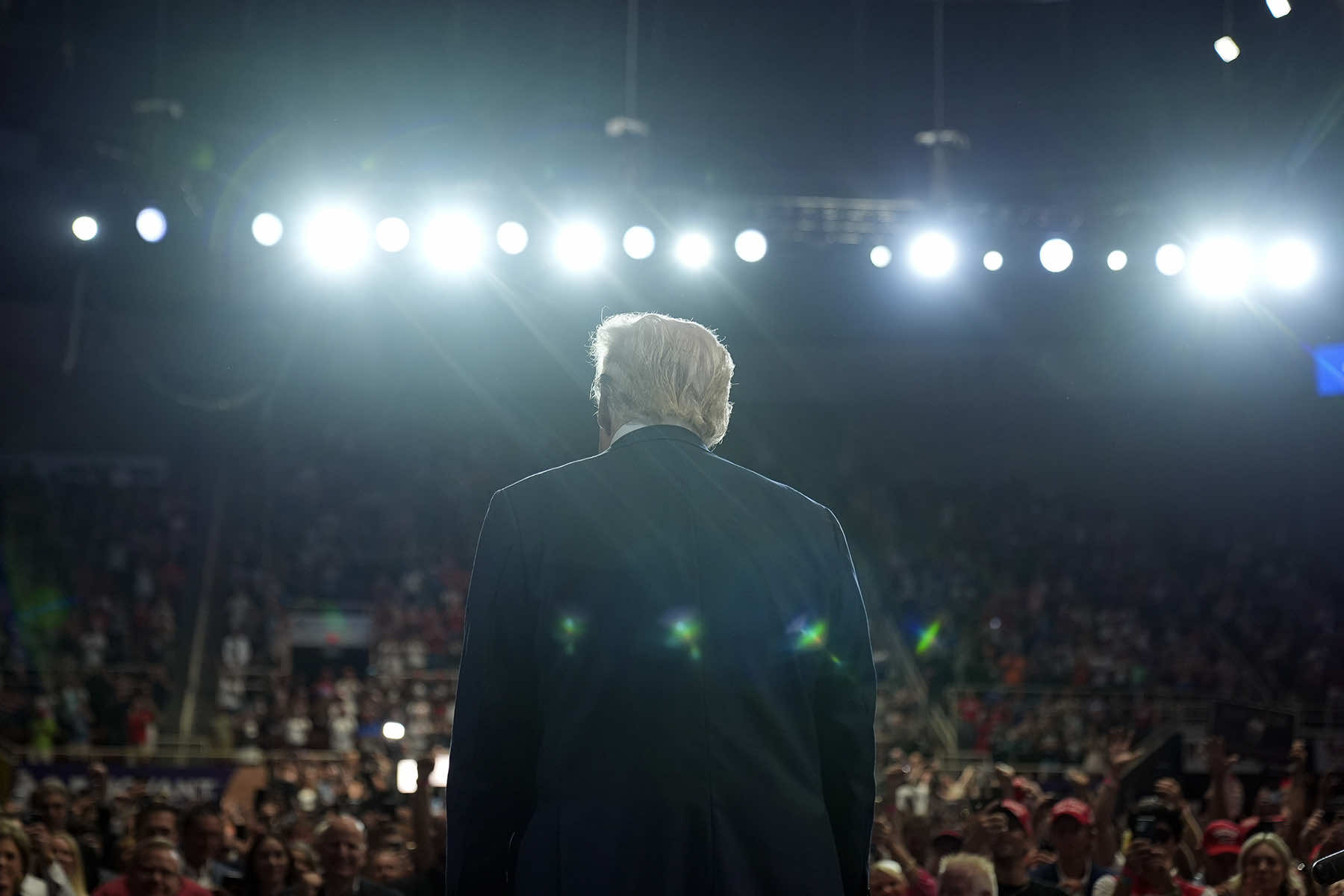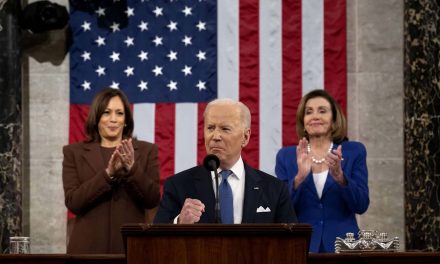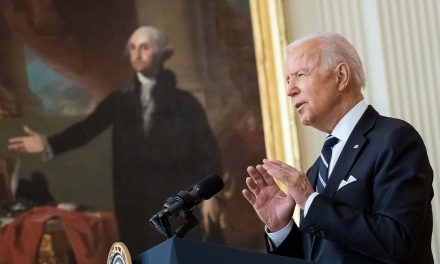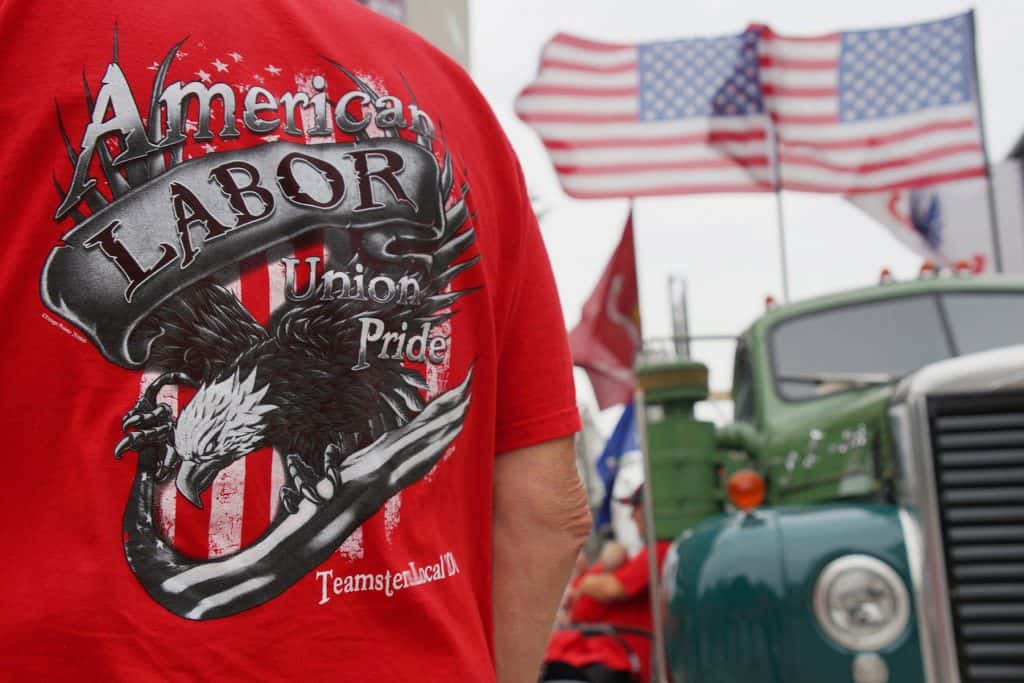
It seems a new America began recently, and I have struggled ever since to figure out what the apparent sudden revolution in our politics means. I keep coming back to the Ernest Hemingway quote about how bankruptcy happens. He said it happens in two stages, first gradually and then suddenly.
That is how scholars say fascism happens, too — first slowly and then all at once — and that is what has been keeping us up at night.
But the more I think about it, the more I think maybe democracy happens the same way, too: slowly, and then all at once. At this country’s most important revolutionary moments, it has seemed as if the country turned on a dime.
In 1763, just after the end of the French and Indian War, American colonists loved that they were part of the British empire. And yet, by 1776, just a little more than a decade later, they had declared independence from that empire and set down the principles that everyone has a right to be treated equally before the law and to have a say in their government.
The change was just as quick in the 1850s. In 1853 it sure looked as if the elite southern enslavers had taken over the country. They controlled the Senate, the White House, and the Supreme Court. They explicitly rejected the Declaration of Independence and declared that they had the right to rule over the country’s majority. They planned to take over the United States and then to take over the world, creating a global economy based on human enslavement.
And yet, just seven years later, voters put Abraham Lincoln in the White House with a promise to stand against the Slave Power and to protect a government “of the people, by the people, and for the people.” He ushered in “a new birth of freedom” in what historians call the second American revolution.
The same pattern was true in the 1920s, when it seemed as if business interests and government were so deeply entwined that it was only a question of time until the United States went down the same dark path to fascism that so many other nations did in that era. In 1927, after the execution of immigrant anarchists Nicola Sacco and Bartolomeo Vanzetti, poet John Dos Passos wrote: “they have clubbed us off the streets they are stronger they are rich they hire and fire the politicians the newspaper editors the old judges the small men with reputations….”
And yet, just five years later, voters elected Franklin Delano Roosevelt, who promised Americans a New Deal and ushered in a country that regulated business, provided a basic social safety net, promoted infrastructure, and protected civil rights.
Every time we expand democracy, it seems we get complacent, thinking it’s a done deal. We forget that democracy is a process and that it’s never finished.
And when we get complacent, people who want power use our system to take over the government. They get control of the Senate, the White House, and the Supreme Court, and they begin to undermine the principle that we should be treated equally before the law and to chip away at the idea that we have a right to a say in our government. And it starts to seem like we have lost our democracy.
But all the while, there are people who keep the faith. Lawmakers, of course, but also teachers and journalists and the musicians who push back against the fear by reminding us of love and family and community. And in those communities, people begin to organize — the marginalized people who are the first to feel the bite of reaction, and grassroots groups. They keep the embers of democracy alive. And then something fans them into flame.
In the 1760s it was the Stamp Act, which said that men in Great Britain had the right to rule over men in the American colonies. In the 1850s it was the Kansas-Nebraska Act, which gave the elite enslavers the power to rule the United States. And in 1929 it was the Great Crash, which proved that the businessmen had no idea what they were doing and had no plan for getting the country out of the Great Depression.
The last several decades have felt like we were fighting a holding action, trying to protect democracy first from an oligarchy and then from a dictator. Many Americans saw their rights being stripped away…even as they were quietly becoming stronger.
That strength showed in the Women’s March of January 2017, and it continued to grow — quietly under Donald Trump and more openly under the protections of the Biden administration. People began to organize in school boards and state legislatures and Congress. They also began to organize over TikTok and Instagram and Facebook and newsletters and Zoom calls.
And then something set them ablaze. The 2022 Dobbs v. Jackson Women’s Health Organization decision stripped away from the American people a constitutional right they had enjoyed for almost fifty years, and made it clear that a small minority intended to destroy democracy and replace it with a dictatorship based in Christian nationalism.
When President Joe Biden announced on July 21 that he would not accept the Democratic nomination for president, he did not pass the torch to Vice President Kamala Harris.
He passed it to us. It is up to us to decide whether we want a country based on fear or on facts, on reaction or on reality, on hatred or on hope.
It is up to us whether it will be fascism or democracy that, in the end, moves swiftly, and up to us whether we will choose to follow in the footsteps of those Americans who came before us in our noblest moments, and launch a brand new era in American history.
Alex Brandon (AP)
Letters from an Аmerican is a daily email newsletter written by Heather Cox Richardson, about the history behind today’s politics













